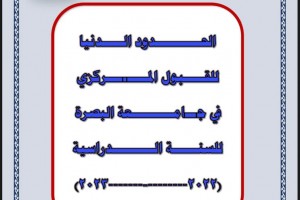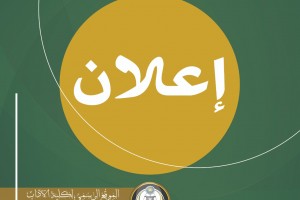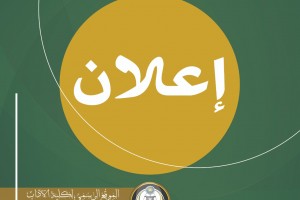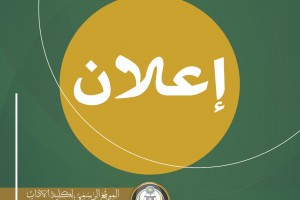
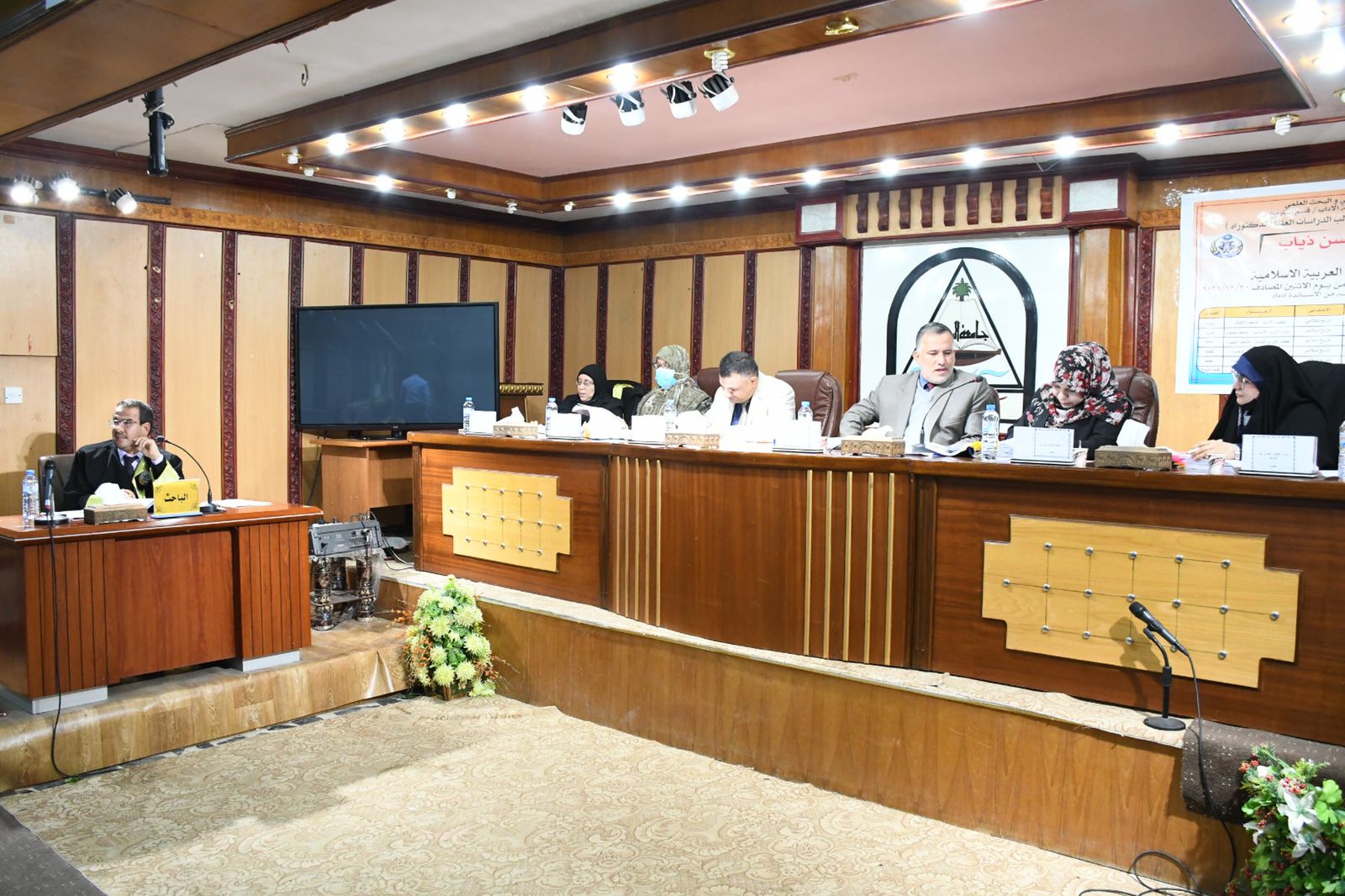
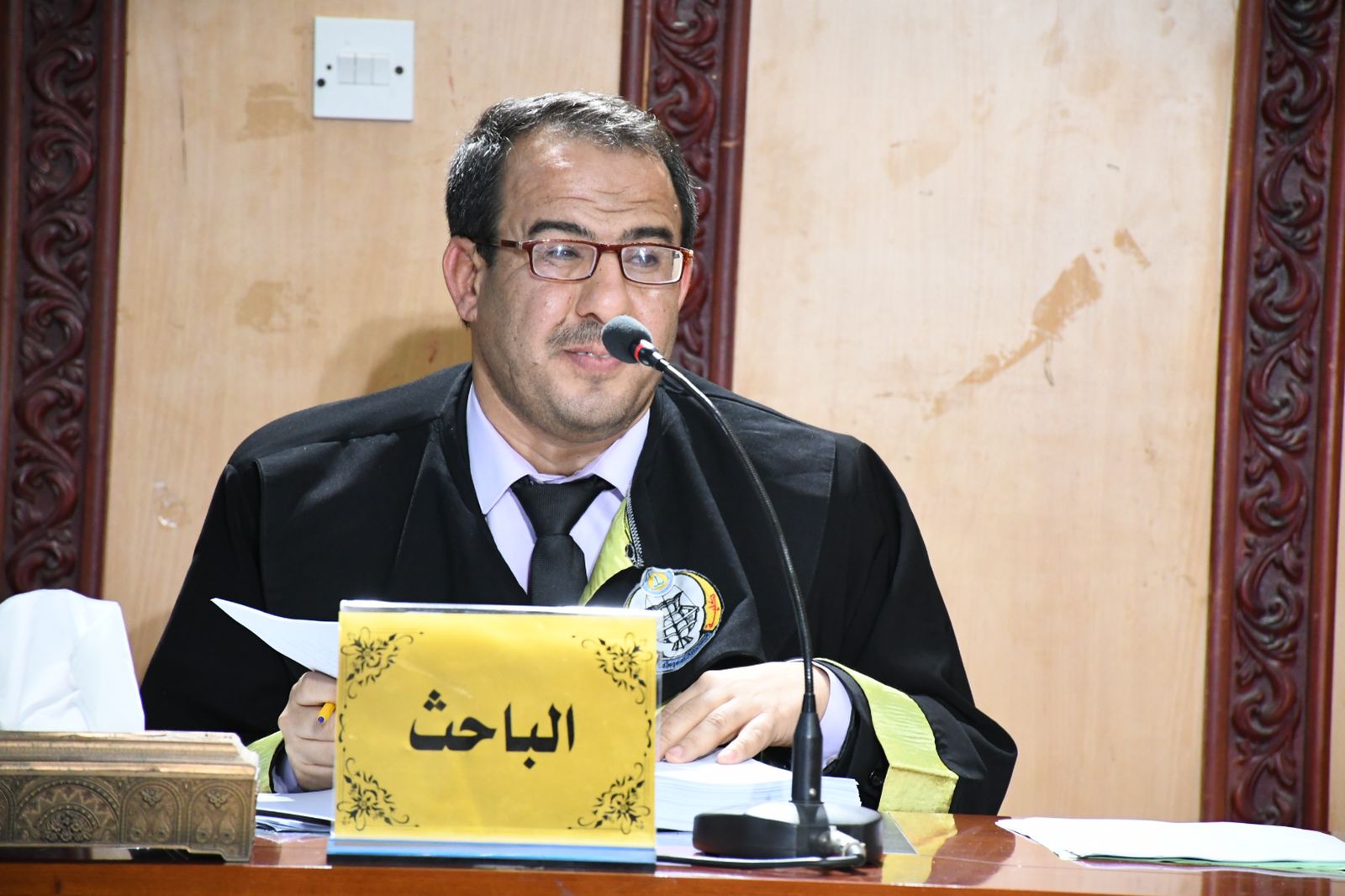
On Monday morning 20/12/2021, a Ph.D. thesis entitled (Quarantine in the Arab Islamic State up to the year 656 AH - a historical study) was discussed at the Department of History at the College of Arts.
The thesis presented by the student Mubarak Hassan Diab included four chapters. The first chapter discussed a detailed study of the meaning of quarantine, the beginnings of dealing with it, and the position of Islam towards it. The second chapter discussed the causes and types of economic, social, and political quarantine. The third chapter dealt with the causes and types of intellectual quarantine, and the fourth chapter discussed the mechanism of implementing quarantine and ways to end it.
The thesis aims to identify quarantine, which is one of the methods approved by Sharia for reasons related to serving the public good, as it was permitted to quarantine underages, insane and fools, and it became obligatory to quarantine those infected with infectious diseases, but the ruling authorities throughout the Islamic ages took the quarantine as a punishment imposed for political reasons or ideological and doctrinal differences.
The thesis reached several results, the most important of which are:
1- It is clear through the historical texts the benefit of imposing quarantine, especially on specific groups that cannot manage their money, like (orphans, foolish, insane), as the legal ruler resorts to quarantining their money to preserve it from loss until he/she reaches the age of majority as well as fools who squander money.
2- Some rulers have taken quarantine as a punishment against the people who oppose their rule politically and intellectually, and instructed their agents who are entrusted with monitoring the movements of the interdicted not to contact anyone with them due to the strong influence they constitute in society, so they wanted through quarantine to weaken them and limit their role in the Islamic society.




